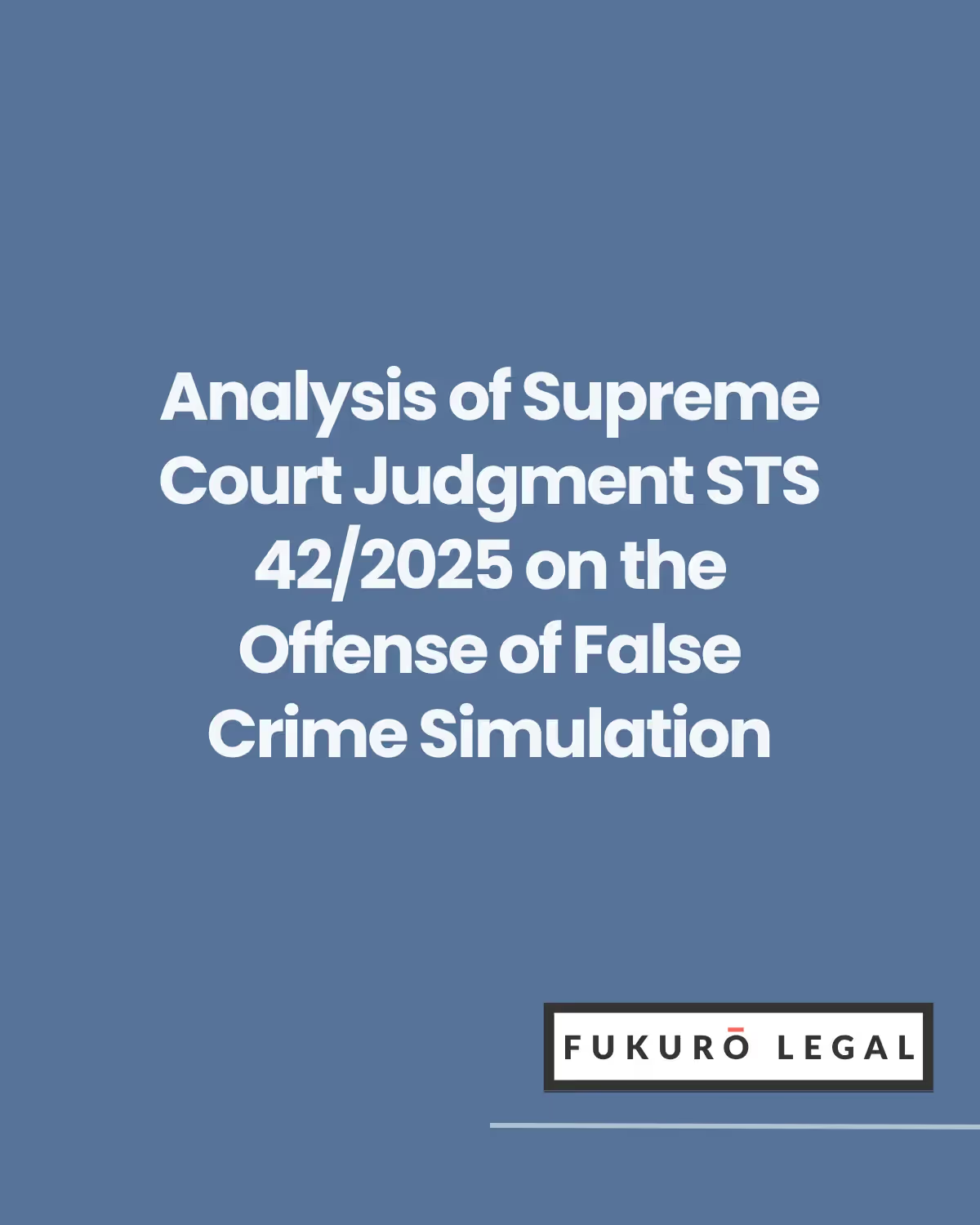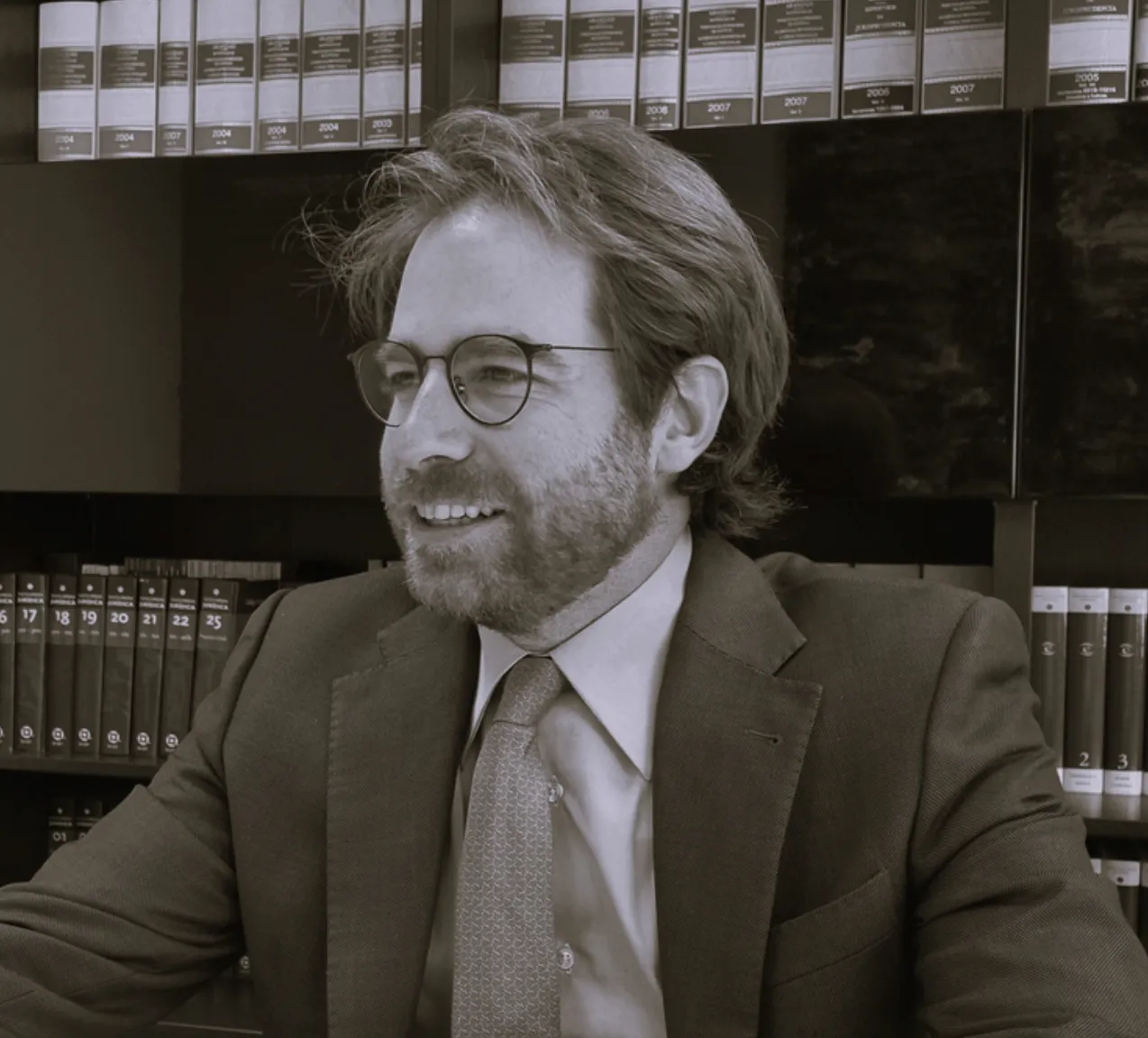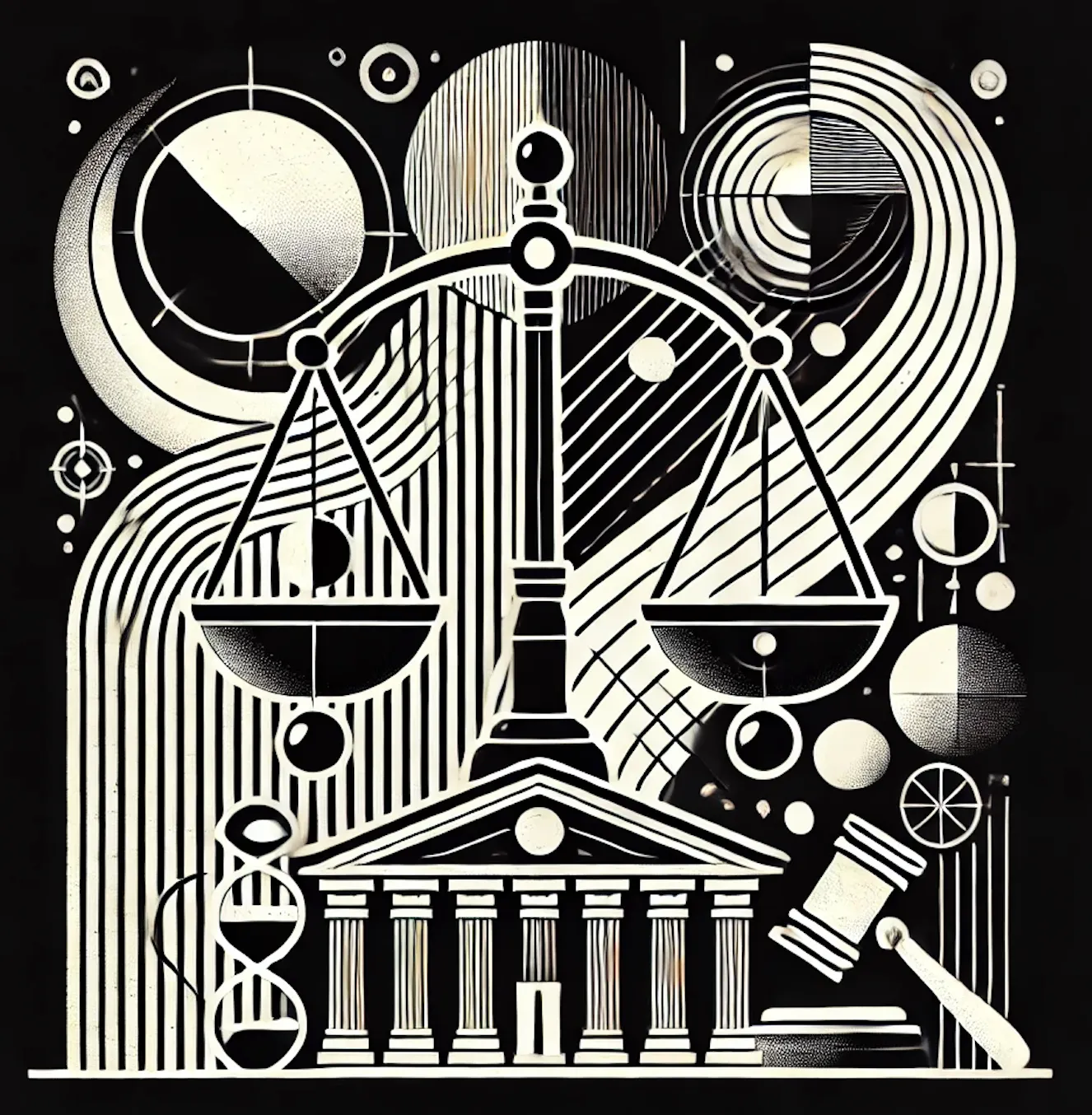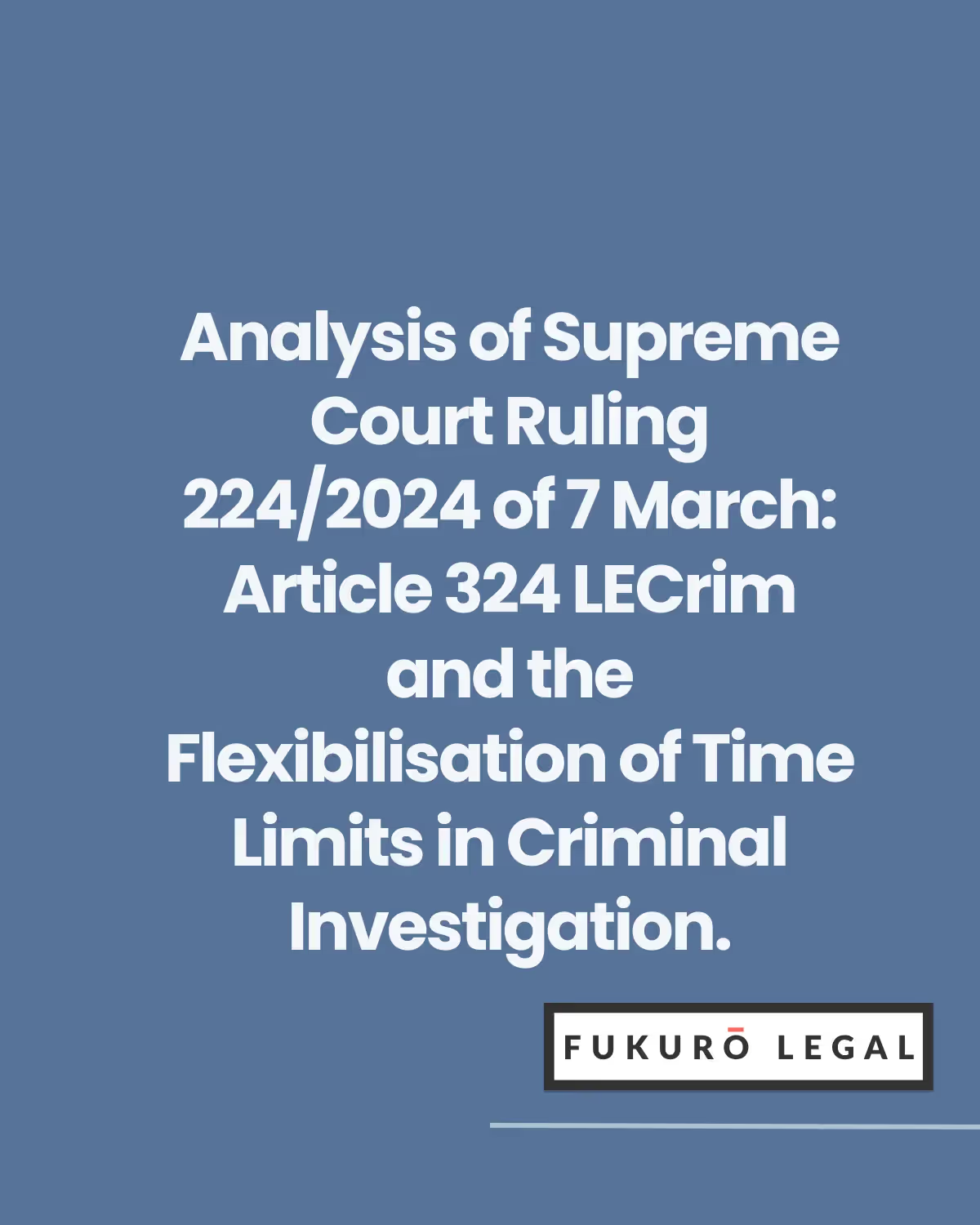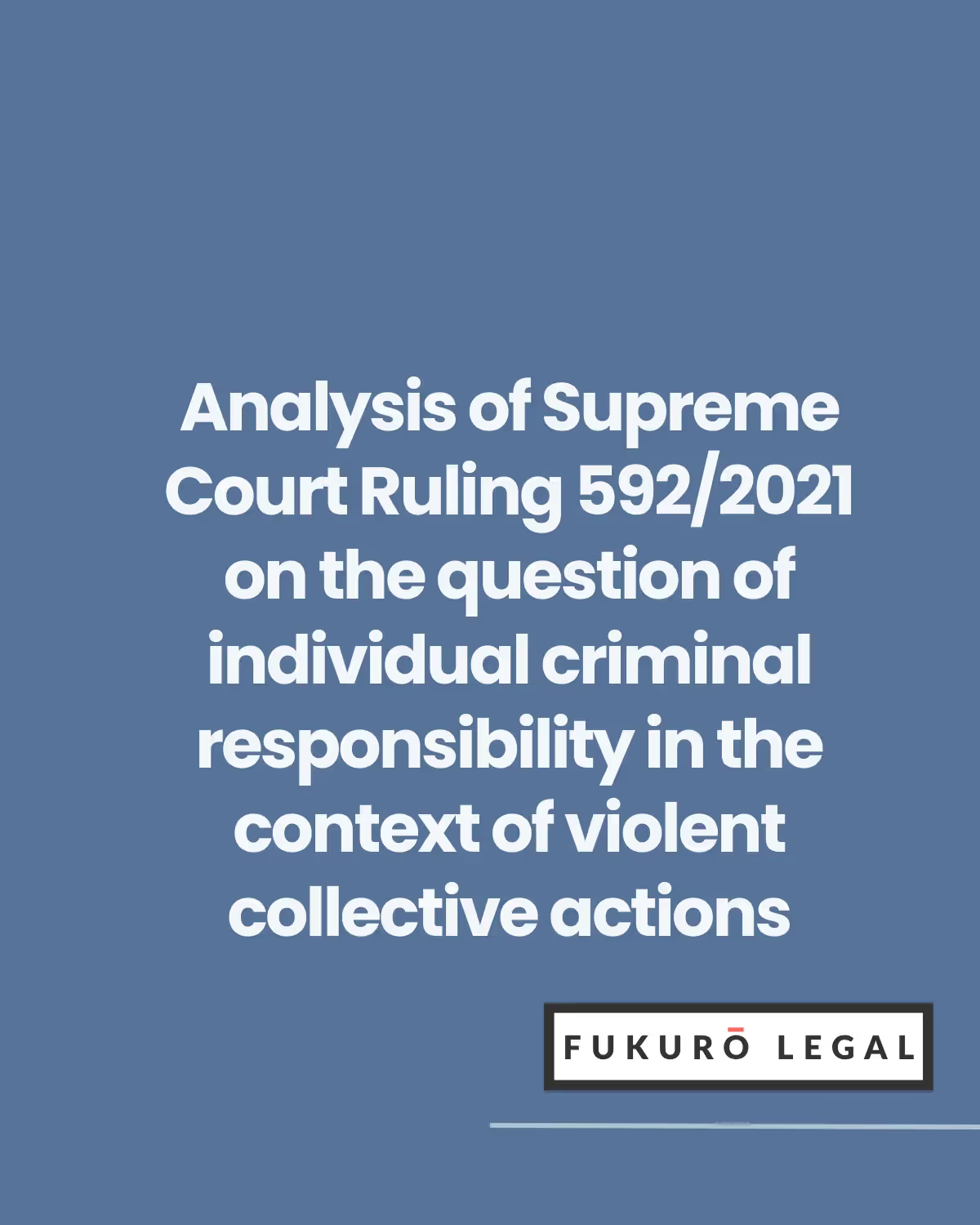Insights and News on Criminal Law
Thank you! Your submission has been received!
Oops! Something went wrong while submitting the form.
Recommended criminal law firm
Our team of experienced attorneys is dedicated to safeguarding your interests. We offer strategic legal advice and defense in complex cases on an international scale, ensuring confidentiality and a strong commitment to every client.

Contact Us
Contact our criminal defense attorneys. The firm offers immediate action in any emergency situation.
Oops! Something went wrong while submitting the form.
